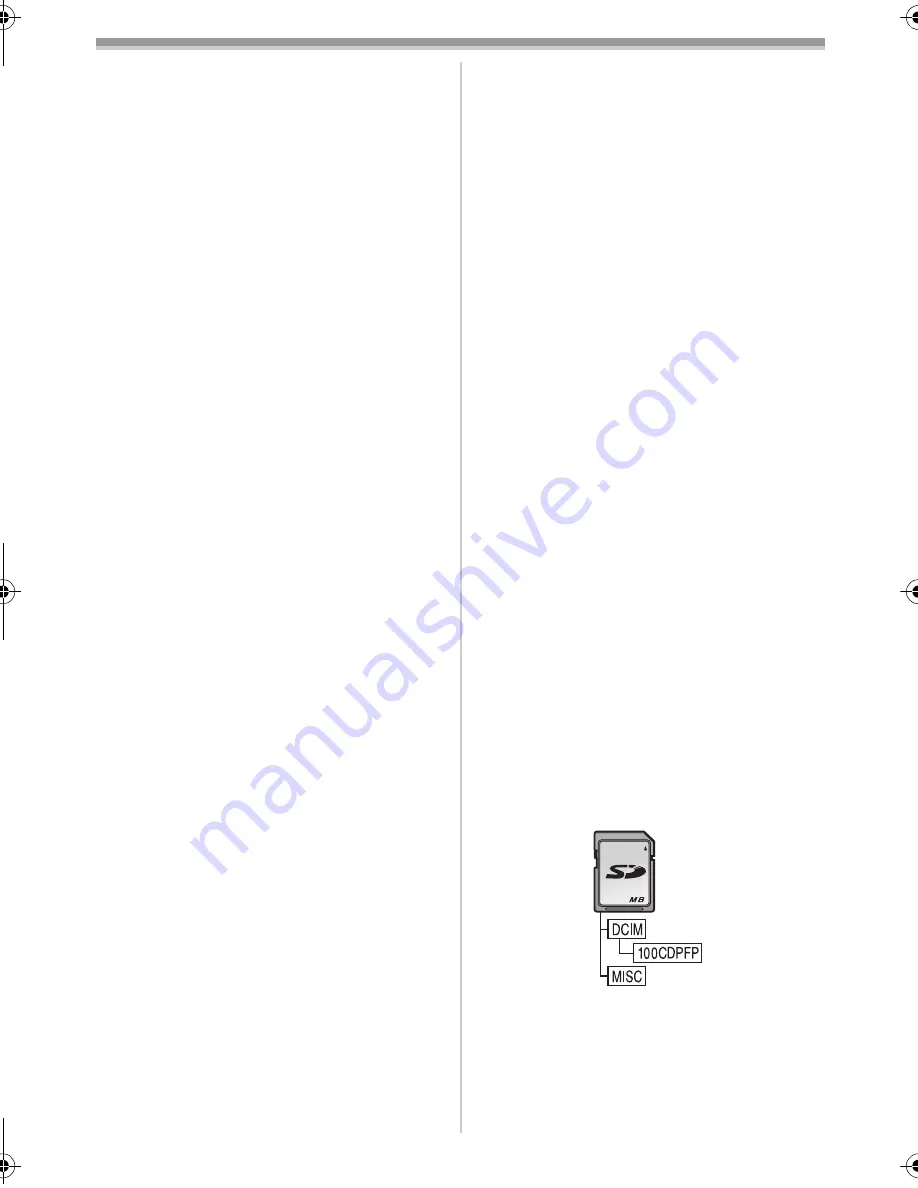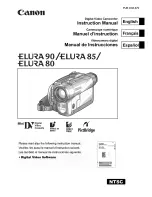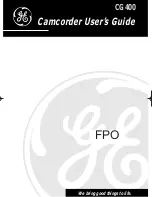
Others
55
VQT0T93
≥
To store the battery for a long period of time, we
recommend you charge it once every year and
store it again after you have completely used up
the charged capacity.
≥
Dust and other matter attached to the battery
terminals should be removed.
Do not throw old battery into fire.
≥
Heating a battery or throwing it into a fire may
result in an explosion.
≥
If the operating time is very short even after the
battery has been recharged, the battery has
worn out. Please purchase a new battery.
ª
About the AC
adaptor
≥
If the battery is warm, charging requires more
time than normal.
≥
If the temperature of the battery is extremely
high or extremely low, the [CHARGE] lamp may
continue flashing, and the battery may not be
charged. After the battery temperature has
decreased or increased sufficiently, recharging
starts automatically. So, wait for a while. If the
lamp still continues flashing even after the
recharging, the battery or AC adaptor may be
faulty. If so, please contact a dealer.
≥
If you use the AC adaptor near a radio, radio
reception may be disturbed. Keep the AC
adaptor 1 metre or more away from radio.
≥
When using the AC adaptor, it may generate
whirring sounds. However, this is normal.
≥
After use, be sure to pull out the AC mains lead
from the AC mains socket. (If they are left
connected, a minute amount of current is
consumed.)
≥
Always keep the electrodes of the AC adaptor
and battery clean.
ª
About the cassette
Never place the cassette in a high temperature
place.
≥
The tape may be damaged, producing
mosaic-like noise at the time of playback.
When storing the cassette after use, be sure
to rewind the tape to the beginning and take it
out.
≥
If the cassette is left for more than 6 months
(depending on the storage condition) in the
movie camera or stopped midway, the tape may
sag and be damaged.
≥
Once every 6 months, wind the tape to the end
and then rewind it to the beginning. If the
cassette is left for 1 year or longer without
winding or rewinding, the tape may be deformed
by expansion or shrinkage attributable to
temperature and humidity. The wound tape may
stick to itself.
≥
Dust, direct sunlight (ultraviolet rays), and
humidity may damage the tape. Such usage
may cause damage to the movie camera and
the heads.
≥
After use, be sure to rewind the tape to the
beginning, put the cassette in the case to
protect it from dust, and store it upright.
Keep the cassette away from strong
magnetism.
≥
Apparatuses using magnets such as magnetic
necklaces and toys have magnetic force that is
stronger than expected, and they may erase the
contents of a recording or may increase noise.
ª
About the card
When inserting or removing the card, always
set the [OFF/ON] switch to [OFF].
When the access lamp is illuminated (during
access to the card), do not open the card slot
cover to pull out the card, turn off the power,
or cause any vibrations or impacts.
Do not leave the card in places where there is
high temperature or direct sunlight, or where
electromagnetic waves or static electricity are
easily generated. Moreover, do not fold or
drop the card, and do not strongly vibrate it.
≥
The card may break or the contents of the card
may be destroyed or erased.
After use, be sure to remove the card from the
movie camera for storage.
≥
After use, or when storing or carrying the card,
put it in the storage case.
≥
Do not allow dust, water, or foreign substances
to adhere to the terminals on the back of the
card. Moreover, do not touch the terminals with
your hand.
ª
Folder structure of the card
The folder structure of the card formatted by
the movie camera will be displayed on the PC
as the illustration below.
≥
Up to 999 pictures can be recorded on
100CDPFP folder etc.
≥
Files with the DPOF settings can be recorded
on MISC folder.
256
VQT0T93ENG.book 55 ページ 2005年11月28日 月曜日 午後9時6分






































